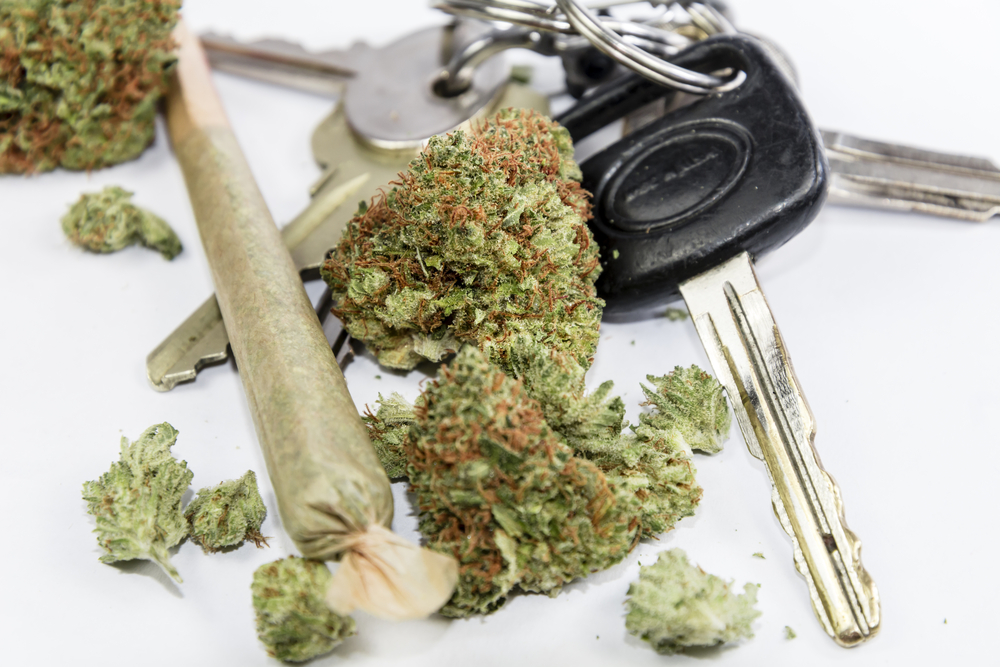
A new report from the Insurance Institute for Highway Safety (IIHS) and Highway Loss Data Institute (HLDI) reveals crash data has risen in states that have legalized marijuana, though they failed to show marijuana use factored into crashes.
“Despite the difficulty of isolating the specific effects of marijuana impairment on crash risk, the evidence is growing that legalizing its use increases crashes,” IIHS-HLDI President David Harkey said.
The report showed that crashes have risen by 6 percent since legalization in Colorado, Nevada, Oregon, and Washington when compared to neighboring states that have not legalized the drug. The organizations presented their report to the Combating Alcohol and Drug-Impaired Driving summit last week, to warn highway safety and law enforcement experts as more states consider legalization, and Canada has decriminalized the drug entirely.
HLDI analysts determined that collision claims per insured vehicle year rose in affected states compared to Idaho, Montana, Utah, and Wyoming, based on collision loss data from January 2012 through October 2017. IIHS built on that with a separate study focused on police-reported crashed before and after retail sales began in Colorado, Oregon, and Washington, which found a 5.2 percent rise in the rate of crashes per million vehicle registrations, compared to neighboring states.
Notably, the studies controlled for differences in driver population, insured vehicle fleet, demographics, unemployment and weather in each state, but failed to factor in the differences of state marijuana purchase limits, sales taxes and available options for home growers, as well as whether drugs were, themselves, a factor in these crashes.
Currently, nine states — and the District of Columbia — allow the use of marijuana recreationally and 22 others allow medical marijuana, while another 15 permit certain cannabis products for specific medical conditions. Further legalization is pending in New Hampshire, New Jersey, New York, and Pennsylvania, while Michigan and North Dakota are considering referendums in November and both Missouri and Utah are voting on whether to expand their medical marijuana laws.
Driving under the influence is illegal in all 50 states, regardless of drug legalization.